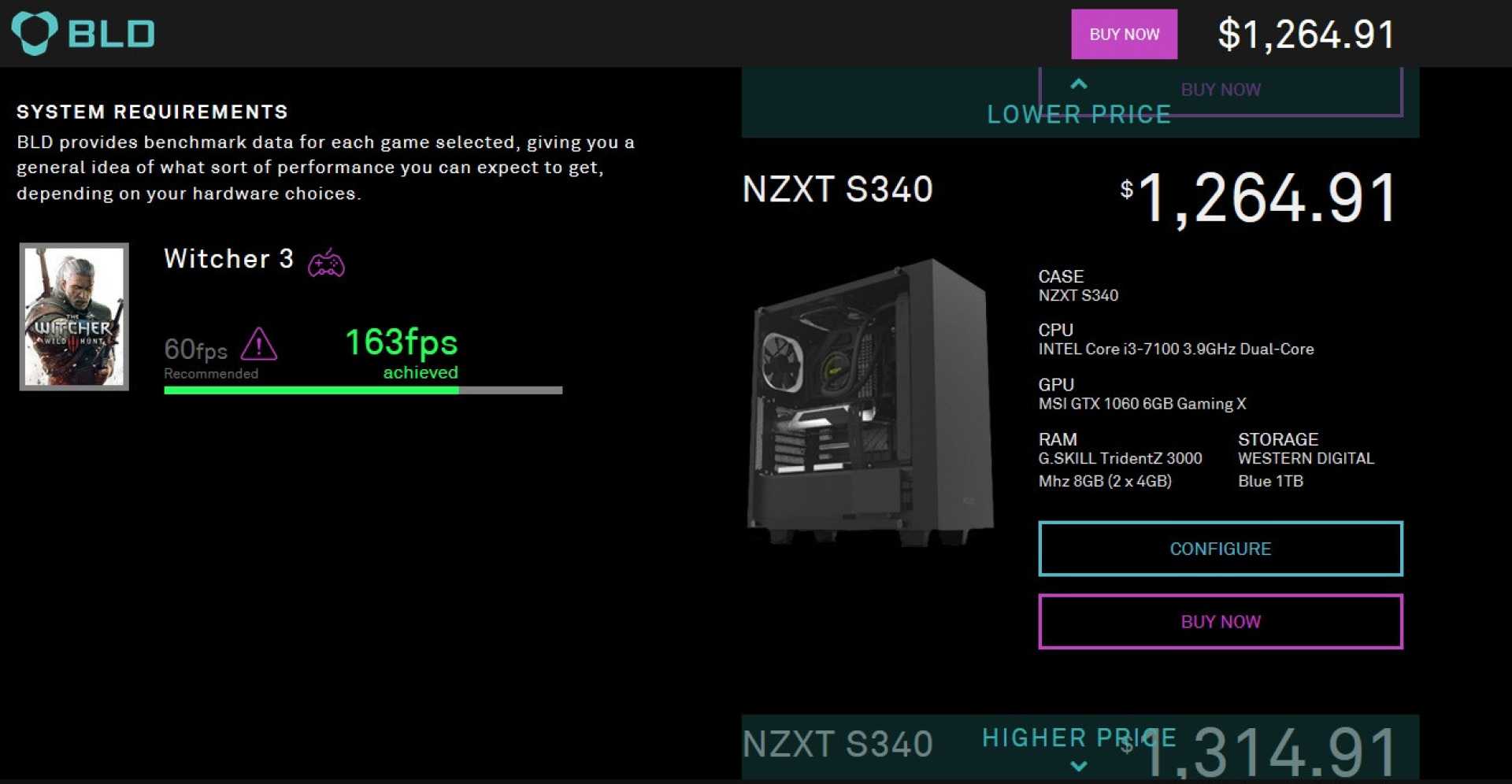Tech
NZXT’s PC Rental Program Under Fire for Predatory Practices and Misleading Advertising

NZXT, a well-known brand in the PC hardware industry, has come under intense scrutiny for its PC rental program, which has been labeled as predatory and misleading by several tech enthusiasts and investigators. The program, which promises users access to high-performance PCs through a subscription model, has been exposed for its exorbitant costs and one-sided contracts.
According to an investigation by Gamers Nexus, users of NZXT’s Flex PC Program do not own the PCs despite paying substantial monthly fees. For instance, the cheapest option, the Player: One Flex, costs $59 per month, but over 14 months, users would have paid $826, which is nearly the full price of the system without ever owning it.
The program also lacks transparency in the hardware specifications provided. NZXT does not clearly state the exact model numbers of the components used in their rental PCs, which can lead to users receiving used or lower-quality hardware instead of new and high-performance parts. This practice has been criticized for being deceptive and unfair to consumers.
Additionally, the contracts associated with the rental program have raised significant concerns. Users are required to return the PCs in a specific condition, and if they fail to wipe their data, NZXT reserves the right to use the data as they see fit. This clause has been highlighted as a major privacy issue.
Comparing the rental costs to traditional financing options, it becomes clear that NZXT’s program is highly unfavorable. For example, renting the top-of-the-line Player: Three Prime Flex for $259 per month would cost $3,108 annually, whereas a bank loan with a 6.5% interest rate would allow users to own the PC while paying significantly less in interest over the same period.
The backlash against NZXT’s rental program has led to severe consequences, including Gamers Nexus dissolving their ad relationship with the company. The controversy has also sparked discussions about the ethics of subscription models in the tech industry and the need for greater transparency and consumer protection.












